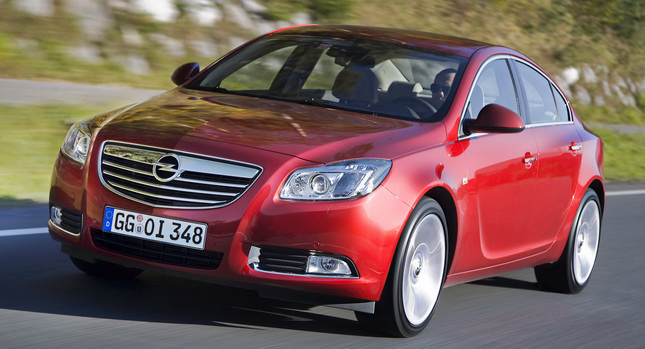Opel has increased its share in Europe this year, with sales rising 6% up to May, giving the brand a market share of 7.4%, compared to 7% in 2010. So mother company GM must be satisfied, right?
Well, not entirely, according to Automotive News. And that’s because Opel’s cars are technologically advanced and due to high German working rates, are quite expensive to manufacture. However, they cannot be sold in prices similar to direct competitors such as Volkswagen because they lack their rivals’ image.
For example, in Germany an Astra brings back 15% less than a comparably equipped Golf –quite a margin, since the two cars compete in the same class and the profit for Opel is, understandably, much smaller.
The same goes for other models in its range even though they offer features such as corner headlights, usually found only on more expensive and premium cars. The problem is, as Thomas Stallkamp of Florida-based consulting firm Collaborative Management LLC puts it, that “they can’t price their cars like Audi or BMW” because the company lacks their cachet.
Still, Opel plans to raise prices of the brand-new Zafira –but it will keep selling the older model to attract buyers looking for a cheaper MPV.
The high cost of manufacture makes Opel, which is now recovering fast from its past woes (it lost $14.5 billion since 1999) and is on track to break even, or even make a profit, this year, difficult to be sold by GM. A possibility that GM execs say that is not on the table right now. Not only because the brand is profitable, but also because its models provide most of the engineering for GM’s small and midsize models of its other brands, such as Chevrolet’s Cruze and Malibu.
Maybe the solution to Opel’s “problem” lies in a partnership with another company, like the Chinese SAIC, which would boost efficiency according to Morgan Stanley analyst Adam Jonas. Alternatively, Opel may have to accept the fact that arch-rival VW has cemented its status in their homeland and seek to increase its share in other countries like Italy, Spain and Eastern Europe.
PHOTO GALLERY











